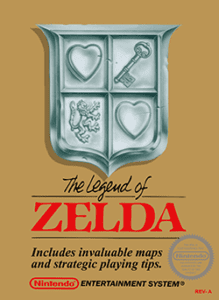Epic Victory: Google and Fortnite-Maker Settle App Store Antitrust War with Global Changes
The mobile gaming landscape is set for a seismic shift.
After a bitter, five-year legal struggle, Epic Games and Google have reached a “comprehensive settlement” in their landmark antitrust dispute over the Google Play Store’s monopolistic practices. The agreement, filed in a San Francisco federal court this week, is a decisive win for developers and promises to fundamentally reshape how apps are distributed and monetized on Android devices worldwide.
The Core Changes: Fees Slashed, Stores Opened
The proposed settlement converts a previous U.S.-only court order into a global agreement extending through 2032, ensuring lasting changes to the Android ecosystem:
- Lowered Service Fees: Google has agreed to significantly slash its commissions. The standard 30% cut is gone, replaced by a tiered system that will see fees capped at either 9% or 20%, depending on the nature of the transaction and if the purchase provides a “gameplay advantage.”
- Payment Freedom: Developers can now prominently display and guide customers toward alternative payment systems both within their apps and via external links. Crucially, if a user chooses a non-Google payment option, developers will pay Google nothing for that transaction.
- Third-Party Stores as “First-Class Citizens”: The agreement mandates a streamlined, single-click installation process for approved, alternative app marketplaces (like the Epic Games Store) directly from a website. This eliminates the “scare screens” and high-friction warnings that previously discouraged users from installing rival stores.
Epic Games CEO Tim Sweeney hailed the proposal, calling it an “awesome proposal” that “genuinely doubles down on Android’s original vision as an open platform.”
A Five-Year Legal Battle Ends
The legal feud began in 2020 when Fortnite was removed from the Play Store after Epic implemented its own in-game payment system to bypass Google’s mandatory commission structure.
The conflict escalated dramatically in late 2023 when a federal jury sided with Epic, finding that Google illegally maintained an app distribution monopoly. The verdict was upheld on appeal earlier this year, and just weeks ago, the U.S. Supreme Court refused to block the initial injunction, leaving Google with little recourse but to concede.
While the specific, final terms remain confidential until approved by U.S. District Judge James Donato, the public outline guarantees a massive step forward for competition and developer choice. The changes are expected to put significant financial control back into the hands of game creators, allowing for more aggressive pricing, better discounts, and a more diverse app economy.






Post Comment